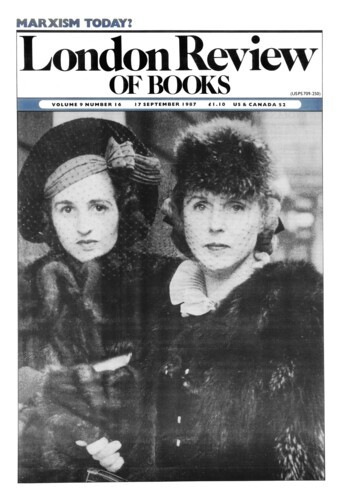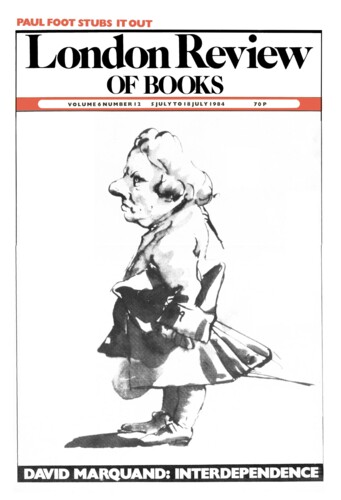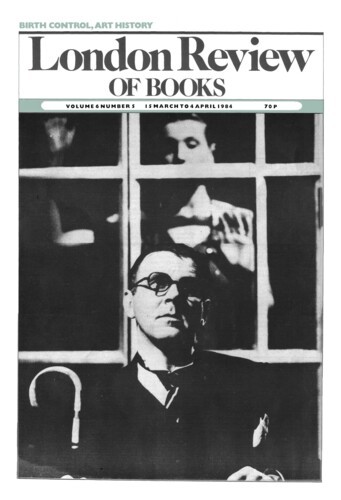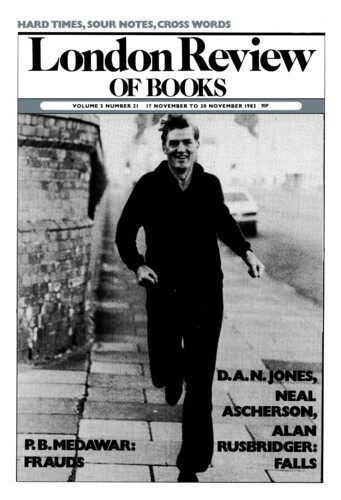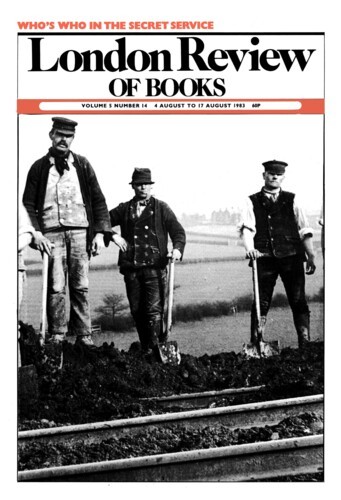Hayden White and History
Stephen Bann, 17 September 1987
In publishing his compendious work Metahistory in 1973, Hayden White gave currency both to a term and to a programme. His subtitle, ‘The Historical Imagination in 19th-Century Europe’, indicated the broad area of his investigations, but gave little sense of the radical originality of this programme, which was quite simply the re-examination of historiography in its written form. White had discovered a blind spot in the array of approaches to the recording of the past. While philosophers of history confined their attention to technical matters like causation, and historians of historiography elevated the individual historian at the expense of his text, the new metahistorian immersed himself willingly in the turbulent narratives of Ranke and Michelet, not to mention the discredited philosophies of history surviving from the 19th century. Using Vico’s traditional battery of tropes, and Northrop Frye’s more recent notion of ‘emplotment’ according to the patterns of tragedy and comedy, White justified his intuition that ‘style’ was not merely an incidental embellishment of 19th-century historical writing; it was possible to demonstrate textual patterns of a high degree of coherence and regularity which forged a connection between verbal or ‘poetic’ creativity and the overall world-view of particular philosophers and historians.
